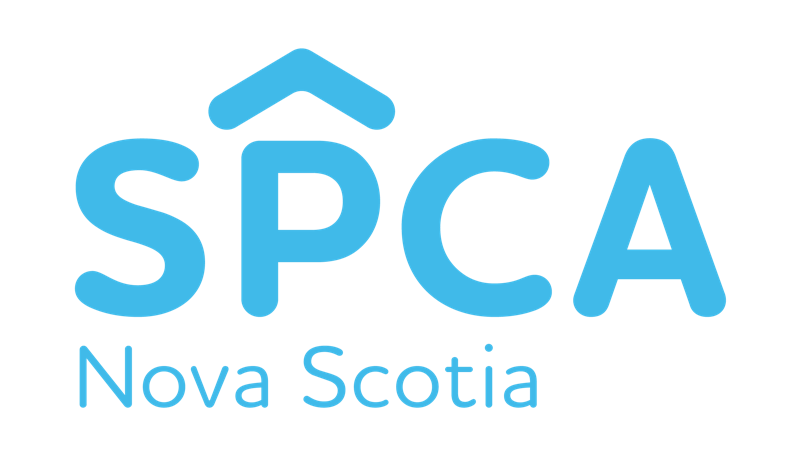As of today, Dec. 17, Nova Scotia has 50 active cases of COVID-19. Six new cases are being reported today.
Three of the new cases are in Central Zone. One case is a close contact of a previously reported case. One case is related to travel outside of Atlantic Canada. The person is self-isolating, as required. The other case is under investigation.
Two cases are in Western Zone and are related to travel outside of Atlantic Canada. The people are self-isolating, as required.
One case is in Northern Zone and is a close contact of a previously reported case.
“While our case numbers are low, COVID-19 is still here and still moving into different areas of our province,” said Premier Stephen McNeil. “That is why we must be careful about our own movement and our social contacts. I ask all Nova Scotians to keep following all the public health protocols to keep each other safe.”
Nova Scotia Health Authority’s labs completed 2,405 Nova Scotia tests on Dec. 16.
Since Oct. 1, Nova Scotia has completed 94,152 tests. There have been 347 positive COVID-19 cases and no deaths. No one is currently in hospital. Cases range in age from under 10 to over 70. Two hundred and ninety-seven cases are now resolved. Cumulative cases may change as data is updated in Panorama.
“For almost two weeks, our new cases numbers have remained in the single-digits. While the numbers are low, the virus still has the potential to spread,” said Dr. Robert Strang, Nova Scotia’s chief medical officer of health. “We are approaching the holiday season which is typically a time of year that brings people together. We need to remain vigilant and to continue to follow all the public health measures.”
Visit https://covid-self-assessment.novascotia.ca/ to do a self-assessment if in the past 48 hours you have had or you are currently experiencing:
— fever (i.e. chills/sweats) or cough (new or worsening)
Or:
Two or more of the following symptoms (new or worsening):
— sore throat
— runny nose/nasal congestion
— headache
— shortness of breath/difficulty breathing
Call 811 if you cannot access the online self-assessment or wish to speak with a nurse about your symptoms.
When a new case of COVID-19 is confirmed, public health works to identify and test people who may have come in close contact with that person. Those individuals who have been confirmed are being directed to self-isolate at home, away from the public, for 14 days.
Anyone who has travelled outside of Atlantic Canada must self-isolate for 14 days. As always, any Nova Scotian who develops symptoms of acute respiratory illness should limit their contact with others until they feel better.
It remains important for Nova Scotians to strictly adhere to the public health order and directives – practise good hand washing and other hygiene steps, maintain a physical distance when and where required. Wearing a non-medical mask is mandatory in most indoor public places.
Rules concerning interprovincial travel within Nova Scotia, New Brunswick, Prince Edward Island and Newfoundland and Labrador have changed. The premiers of all four Atlantic provinces are cautioning against non-essential travel into neighbouring provinces. Currently, all non-essential travel into Prince Edward Island, New Brunswick and Newfoundland and Labrador requires a 14-day self-isolation. All public health directives of each province must be followed. Under Nova Scotia’s Health Protection Act order, visitors from outside Atlantic Canada must self-isolate for 14 days unless they completed their self-isolation in another Atlantic province.
Nova Scotians can find accurate, up-to-date information, handwashing posters and fact sheets at https://novascotia.ca/coronavirus .
Businesses and other organizations can find information to help them safely reopen at https://novascotia.ca/reopening-nova-scotia .
Source: Release #notw



